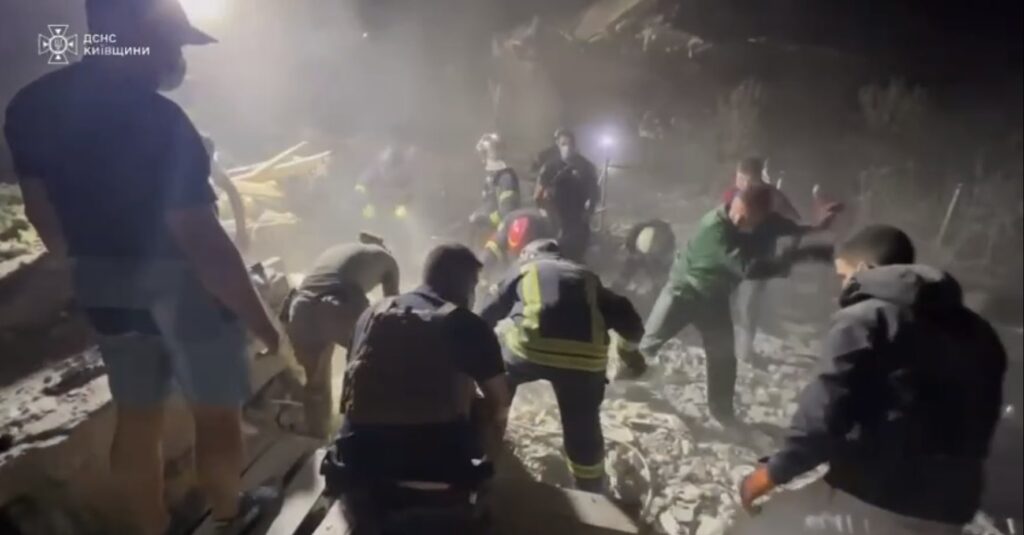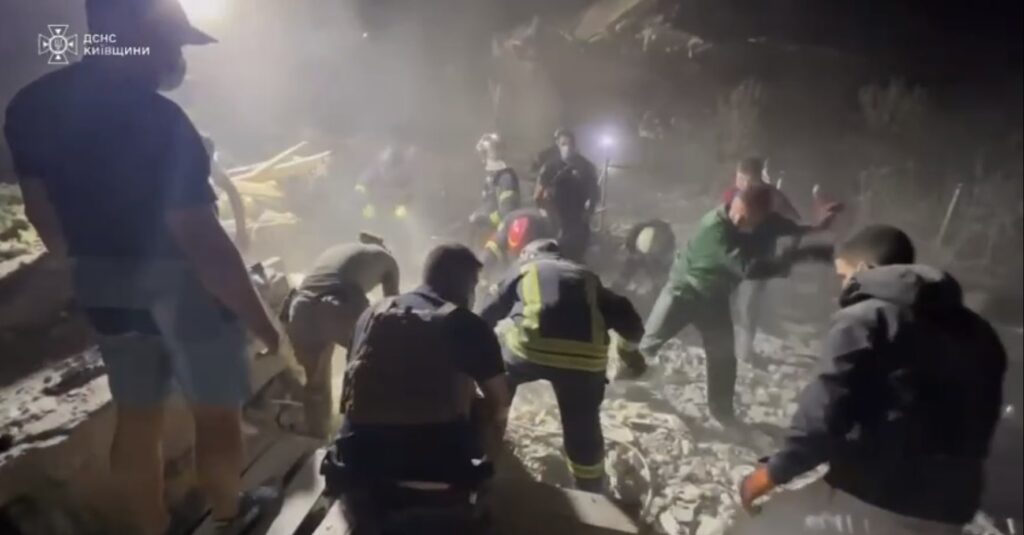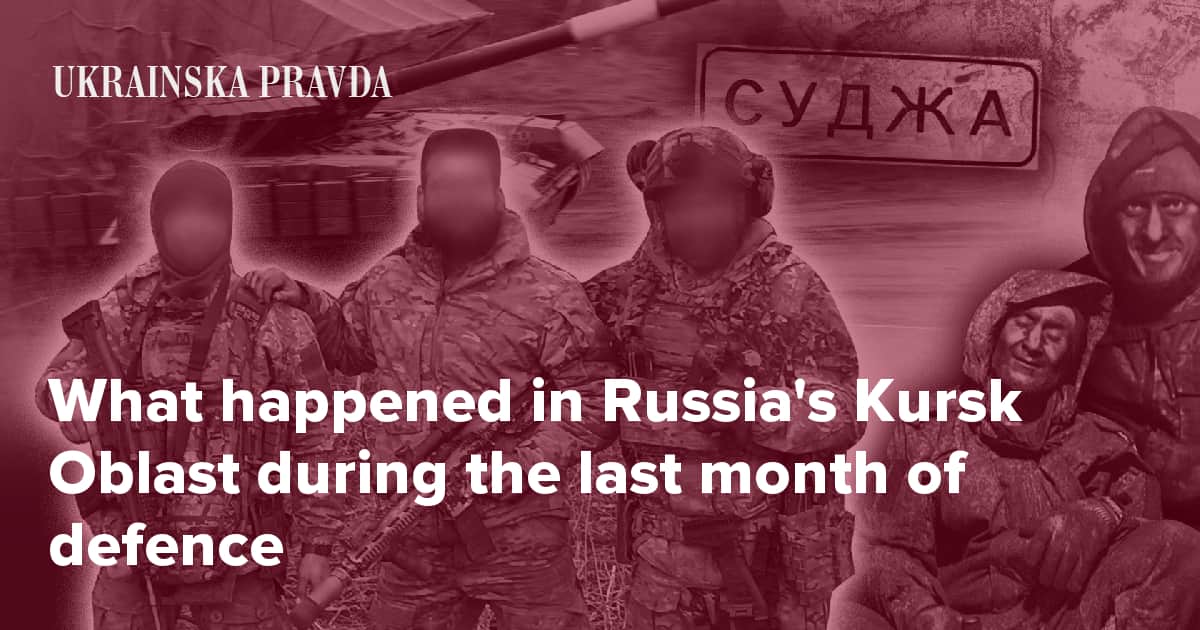Ukraine’s Kursk incursion sparks fears of massive Russian retaliation on civilians with strikes
Western media report that U.S. officials worry that Ukraine’s Kursk incursion might provoke Vladimir Putin to launch extensive missile strikes on Ukrainian cities and infrastructure in response, as happened on 11 August, when the missile debris killed a man and his 4-year-old son.


Some US officials are worried that the Kursk incursion might prompt Russian leader Vladimir Putin to launch massive missile attacks on Ukrainian cities and infrastructure in response, according to the Wall Street Journal.
Since the incursion started on 6 August, Ukrainian forces have advanced at least 30 km (20 miles) from the border in Kursk Oblast. President Volodymyr Zelenskyy described the operation as “our actions to push the war onto the aggressor’s territory,” highlighting Ukraine’s ability to mount offensive operations.
However, on 11 August, Russian forces launched 57 Shahed-type strike UAVs and 4 KN-23 ballistic missiles against Ukraine. While most were intercepted, some reached the suburbs of Kyiv, killing a man and his 4-year-old son. Zelensky confirmed that a North Korean missile was used in an attack near Kyiv.
On the same day, a series of explosions rang out in Poltava and Khmelnytskyi oblasts of Ukraine
When the incursion just began in Kursk Oblast, the Russians launched multi-faceted attacks on the bordering Ukraine’s Sumy Oblast, where an air raid alert was ongoing for almost 24 hours non-stop.
The Sunday Times, citing a high-ranking Ukrainian defense source, states that Kyiv is preparing for an aggressive Russian response to “punish” Ukraine for Kursk, potentially including strikes on the parliament and other administrative buildings.
“And it won’t just be four missiles. It might be hundreds… And that could be a big problem for our air defences,” the anonymous source said to The Sunday Times.
Zelensky also approved plans to strengthen air defenses in anticipation of potential Russian retaliation.
The Wall Street Journal notes that further advances into Russia could require committing more troops and equipment, resources that are also needed on the eastern front where Ukrainian forces are struggling to push back the Russians.
The operation is seen as a morale boost for Ukraine and its allies, challenging perceptions of a static, losing war. However, experts, including military analyst Tatarigami, warn that it also may stretch Ukraine’s already limited resources and complicate logistics, especially as Russian forces remain strong in Donbas.
Related:
- Ukraine has already advanced 30 km inside Russia, while the Russian army is constructing a new defense line 60 km from border
- Missile debris in the Kyiv region claim lives of a man and his little son
- ISW: Ukraine’s surprise Kursk incursion exposes gaps in Russia’s strategic planning
- Zelenskyy calls for lifting restrictions on long-range strikes against Russia
- Ukrainian Commander-in-Chief on the frontline situation: we are continuing the operation


